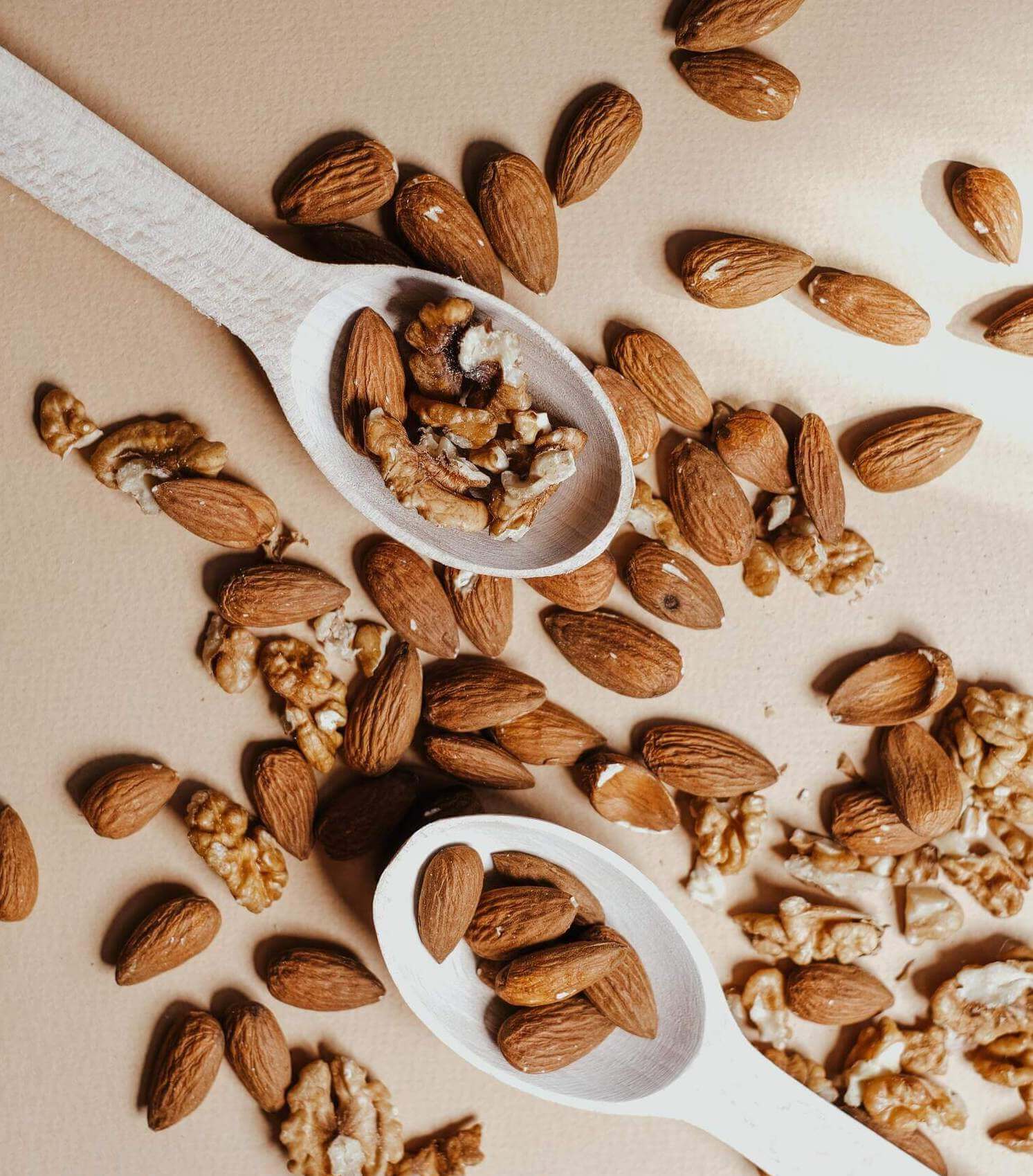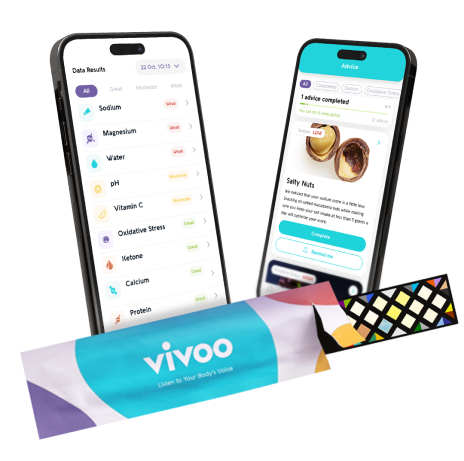Calcium is an essential mineral that plays a vital role in the body. It is necessary for the proper function of muscles, nerves, and enzymes, as well as the formation and maintenance of strong bones and teeth. Without enough calcium, the body can suffer from a variety of health problems, especially if you are a vegan or follow a plant-based diet.
One of the most significant consequences of not getting enough calcium is the development of weak bones and osteoporosis. Calcium is necessary for the formation and maintenance of strong bones, and without enough calcium, bones may become weak and prone to fractures. This can lead to a condition called osteoporosis, which is characterized by brittle, fragile bones that are prone to fractures. Osteoporosis is a significant health problem, especially in older adults, and it can lead to a higher risk of falls and fractures.
Calcium deficiency can also cause muscle cramps and spasms. Calcium is necessary for the proper functioning of muscles, and without enough calcium, muscles may become weak and prone to cramping and spasms. This can be particularly problematic for athletes and people who engage in physical activity, as muscle cramps and spasms can interfere with performance and cause discomfort.
In addition to muscle cramps and spasms, calcium deficiency can also cause nerve problems. Calcium is necessary for the proper functioning of nerves, and without enough calcium, nerves may become impaired, leading to problems with muscle control and nerve impulses. This can cause numbness, tingling, and other abnormal sensations in the extremities.
What are the best vegan calcium sources?
There are many plant-based foods that are high in calcium, including leafy green vegetables, nuts and seeds, legumes, and fortified plant-based milk and juices. Here are some of the best vegan sources of calcium:
Leafy green vegetables
Leafy green vegetables such as broccoli, kale, and collard greens are some of the best vegan sources of calcium. One cup of cooked collard greens contains about 266 milligrams of calcium or about 27% of the daily recommended intake. One cup of cooked kale contains about 179 milligrams of calcium or about 18% of the daily recommended intake. One cup of cooked broccoli contains about 62 milligrams of calcium or about 6% of the daily recommended intake.

Nuts and seeds
Nuts and seeds are also excellent sources of calcium for vegans. Almonds and sesame seeds are particularly high in calcium. One ounce of almonds contains about 75 milligrams of calcium or about 8% of the daily recommended intake. One tablespoon of sesame seeds contains about 88 milligrams of calcium or about 9% of the daily recommended intake.
Tofu
Tofu made with calcium sulfate is also a good source of calcium for vegans. Four ounces of tofu made with calcium sulfate contains about 253 milligrams of calcium or about 26% of the daily recommended intake.
Legumes
Legumes such as beans, lentils, and chickpeas are also good sources of calcium. One cup of cooked white beans contains about 161 milligrams of calcium or about 16% of the daily recommended intake. One cup of cooked lentils contains about 63 milligrams of calcium or about 6% of the daily recommended intake. One cup of cooked chickpeas contains about 80 milligrams of calcium or about 8% of the daily recommended intake.
It is important to ensure that you are getting enough calcium in your diet to maintain optimal health. If you are concerned about your calcium intake, speak to a healthcare provider or a registered dietitian for advice on how to ensure that you are getting enough calcium.
What foods don't have calcium?
While there are many foods that are high in calcium, there are also some foods that are generally low in calcium. Here are some examples of foods that are generally low in calcium:
- Fruits: Most fruits are low in calcium, with the exception of some types of dried fruit that have been fortified with calcium.
- Grains: Most grains, such as rice and pasta, are low in calcium. However, some types of bread and cereals may be fortified with calcium.
- Oils and fats: Oils and fats, such as vegetable oil and butter, are generally low in calcium.
- Meats: Meats are generally low in calcium, with the exception of some types of fish that are high in calcium, such as sardines and salmon.
- Processed foods: Many processed foods, such as snack foods, are low in calcium.
What happens when your calcium is low?
Calcium is an essential mineral that is necessary for the proper functioning of the body. When calcium levels are low, the body may experience a variety of health problems, including:

Weak bones and osteoporosis
Calcium is necessary for the formation and maintenance of strong bones. Without enough calcium, bones may become weak and prone to fractures. This can lead to a condition called osteoporosis, which is characterized by brittle, fragile bones that are prone to fractures.
Muscle cramps and spasms
Calcium is necessary for the proper functioning of muscles. Without enough calcium, muscles may become weak and prone to cramping and spasms.
Nerve problems
Calcium is necessary for the proper functioning of nerves. Without enough calcium, nerves may become impaired, leading to problems with muscle control and nerve impulses.
Tooth decay
Calcium is necessary for the formation and maintenance of strong teeth. Without enough calcium, teeth may become weak and prone to decay.









